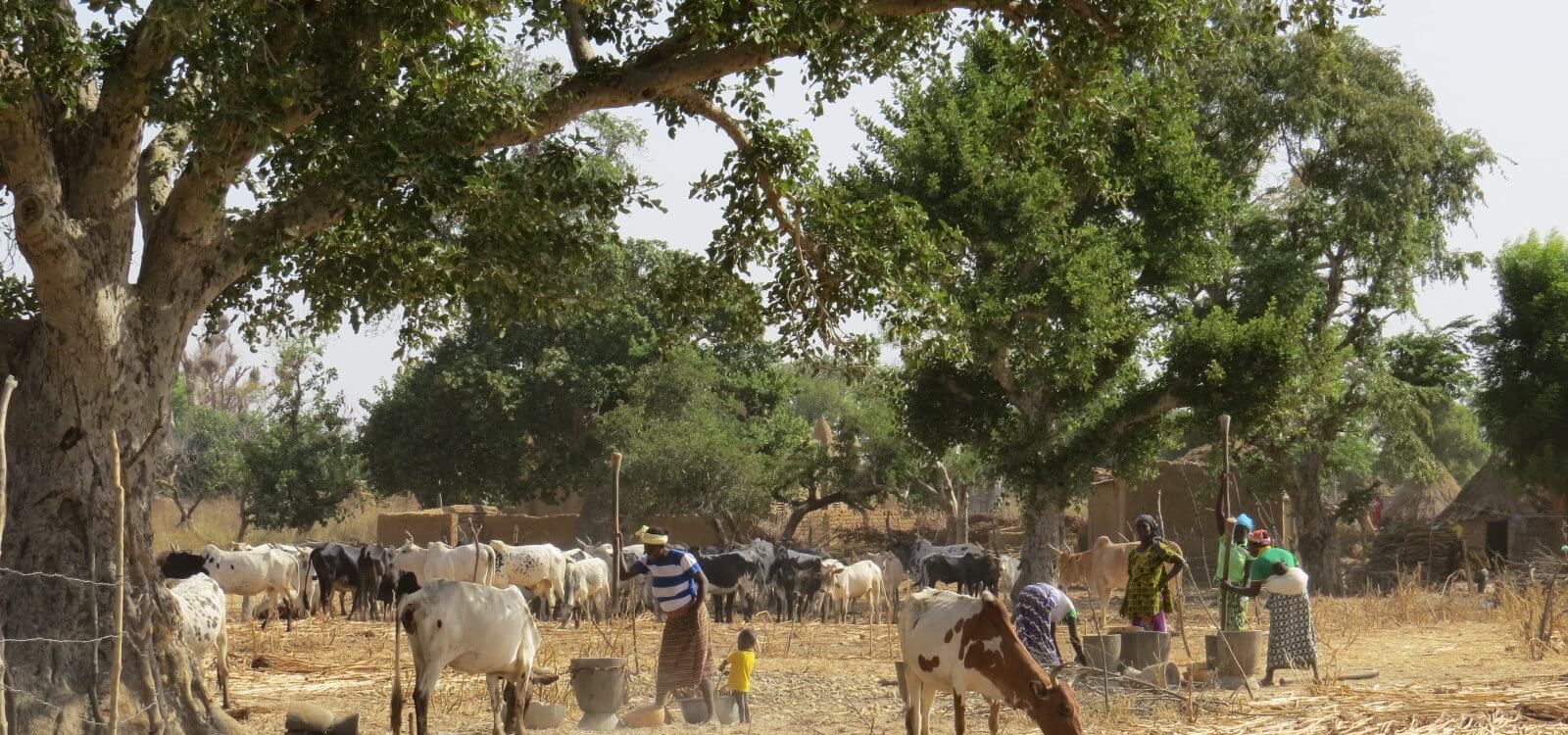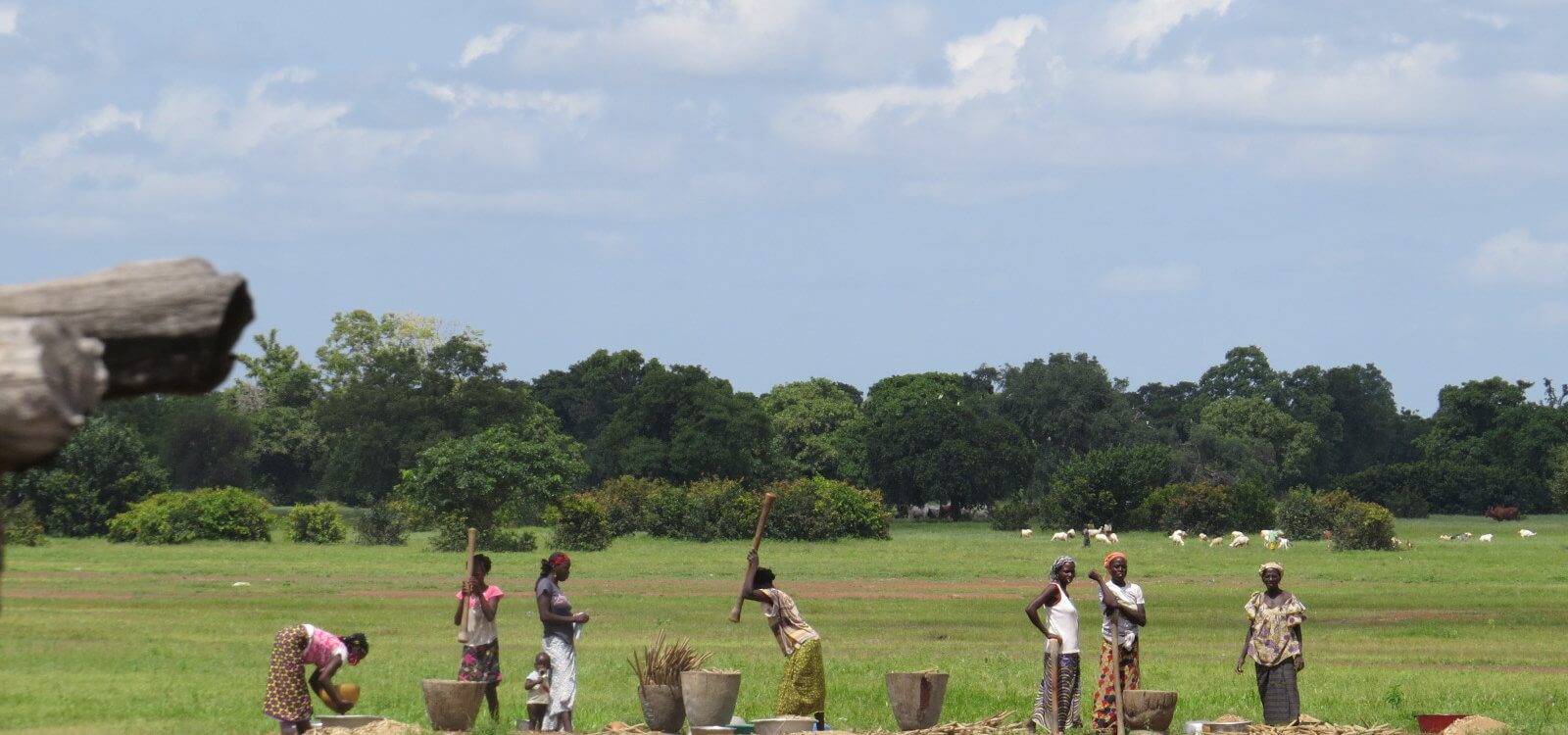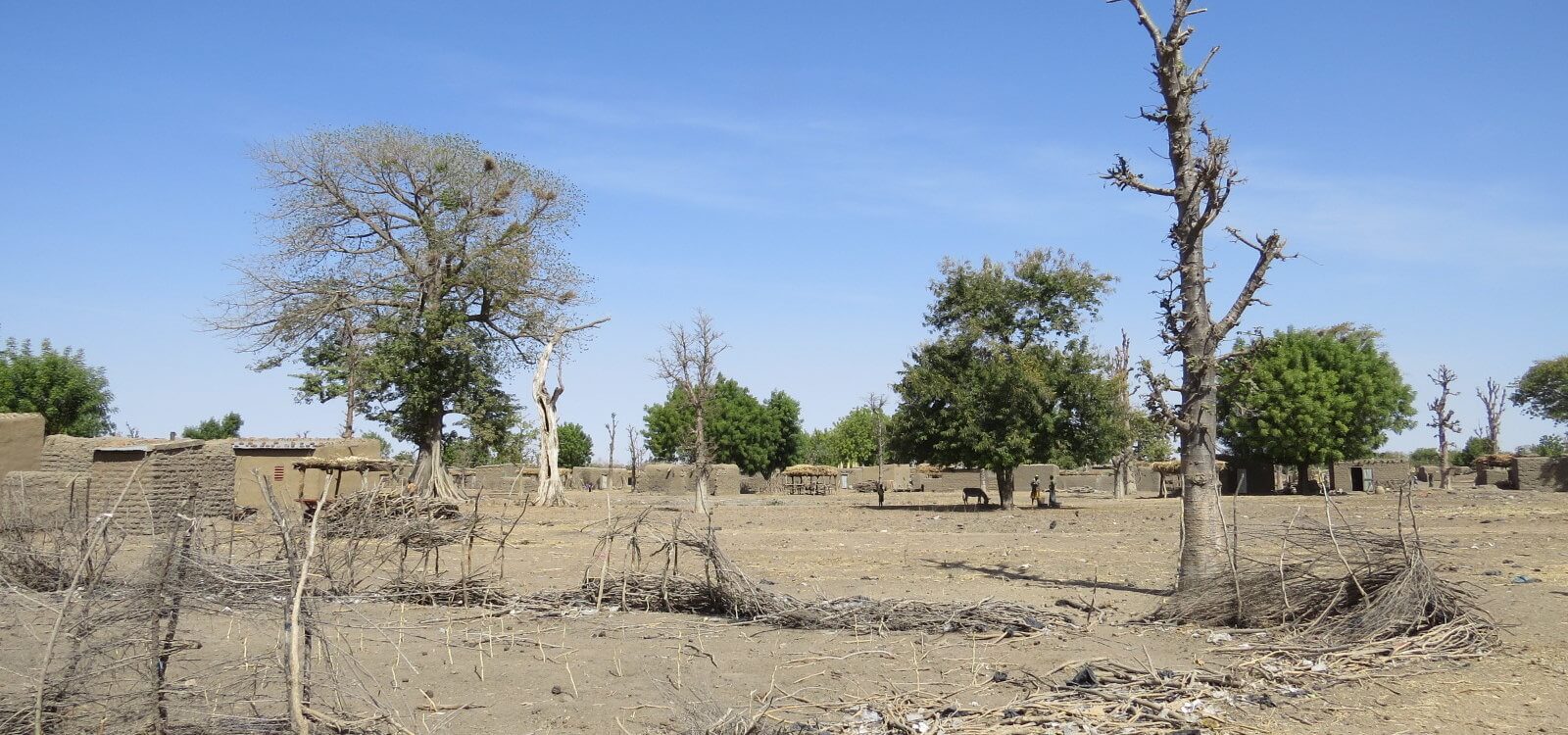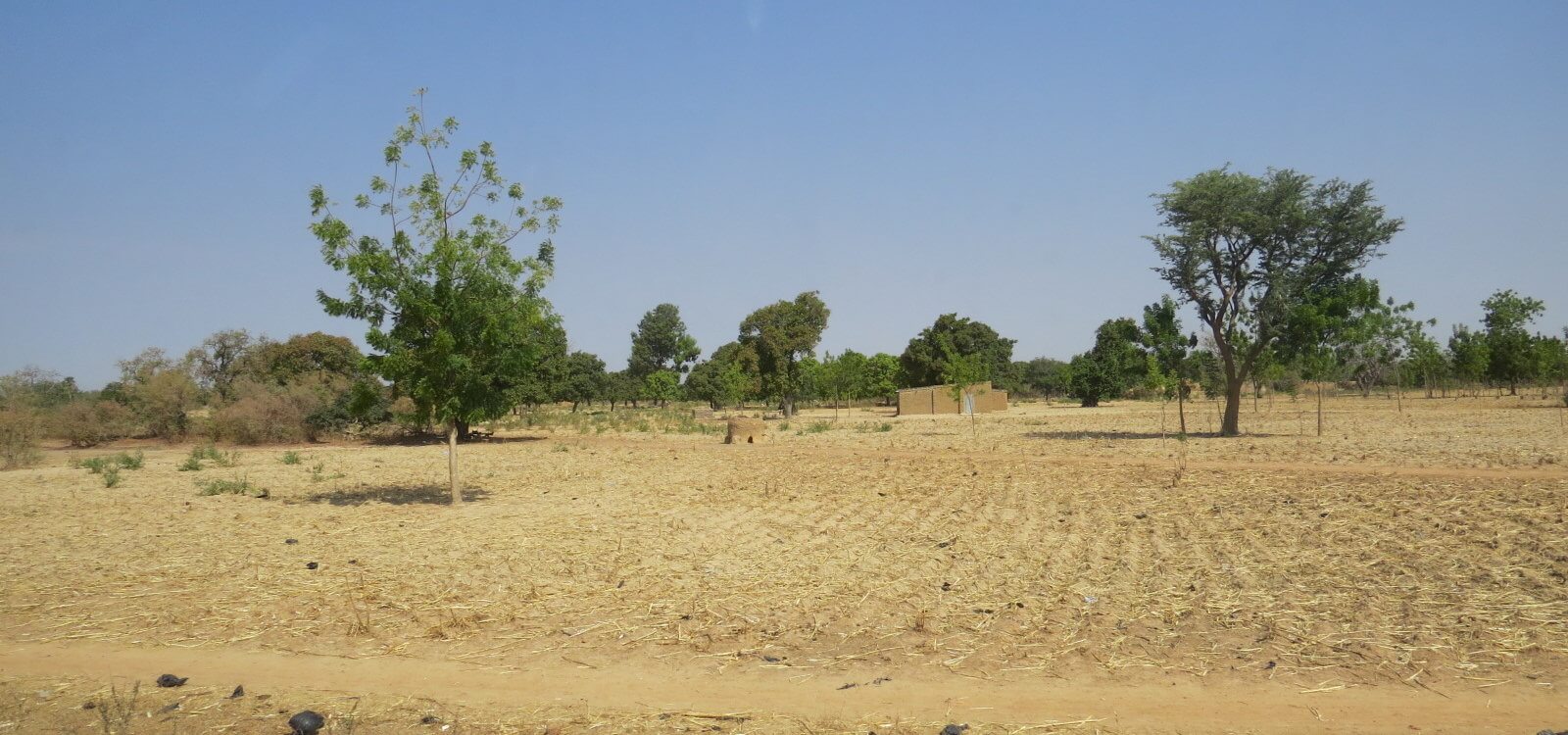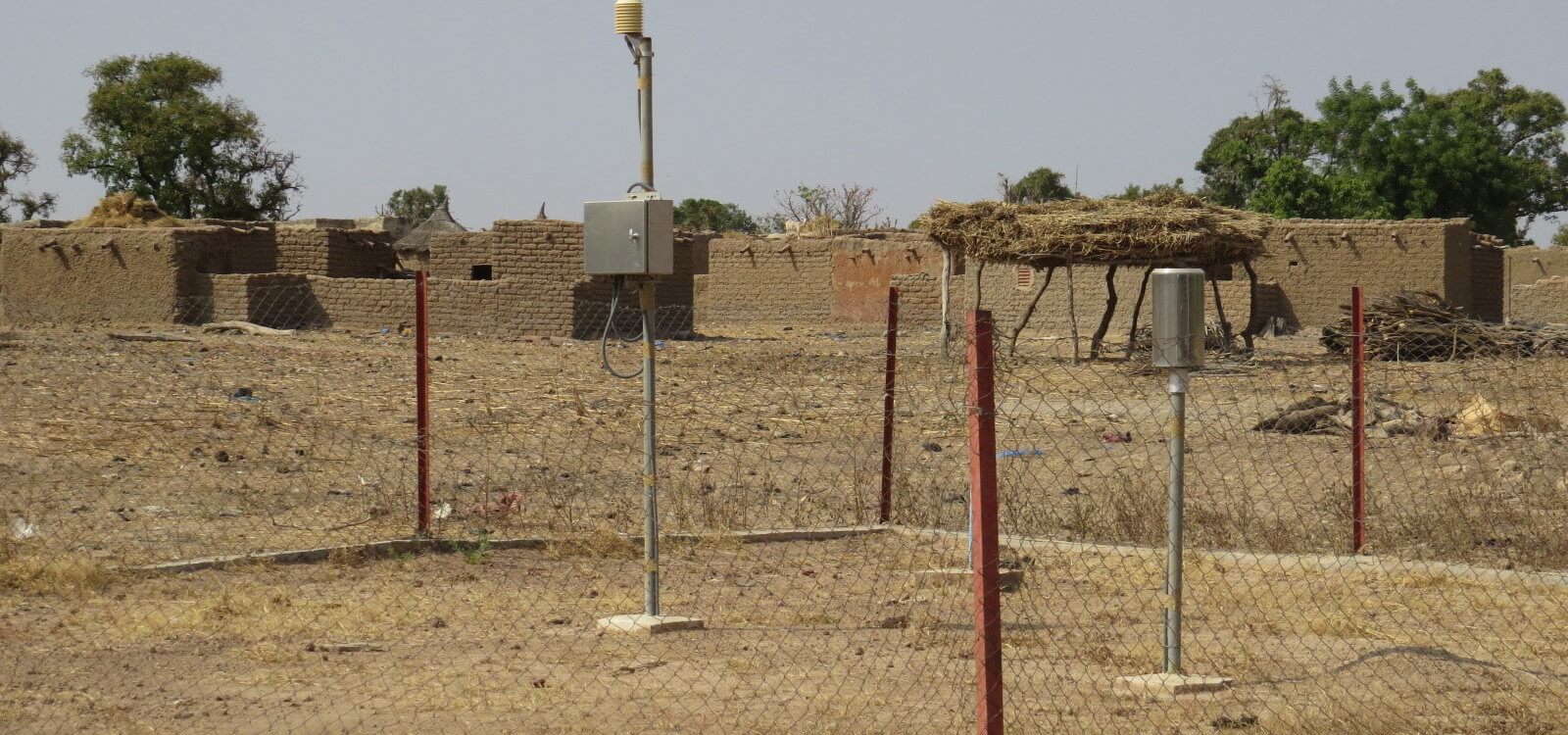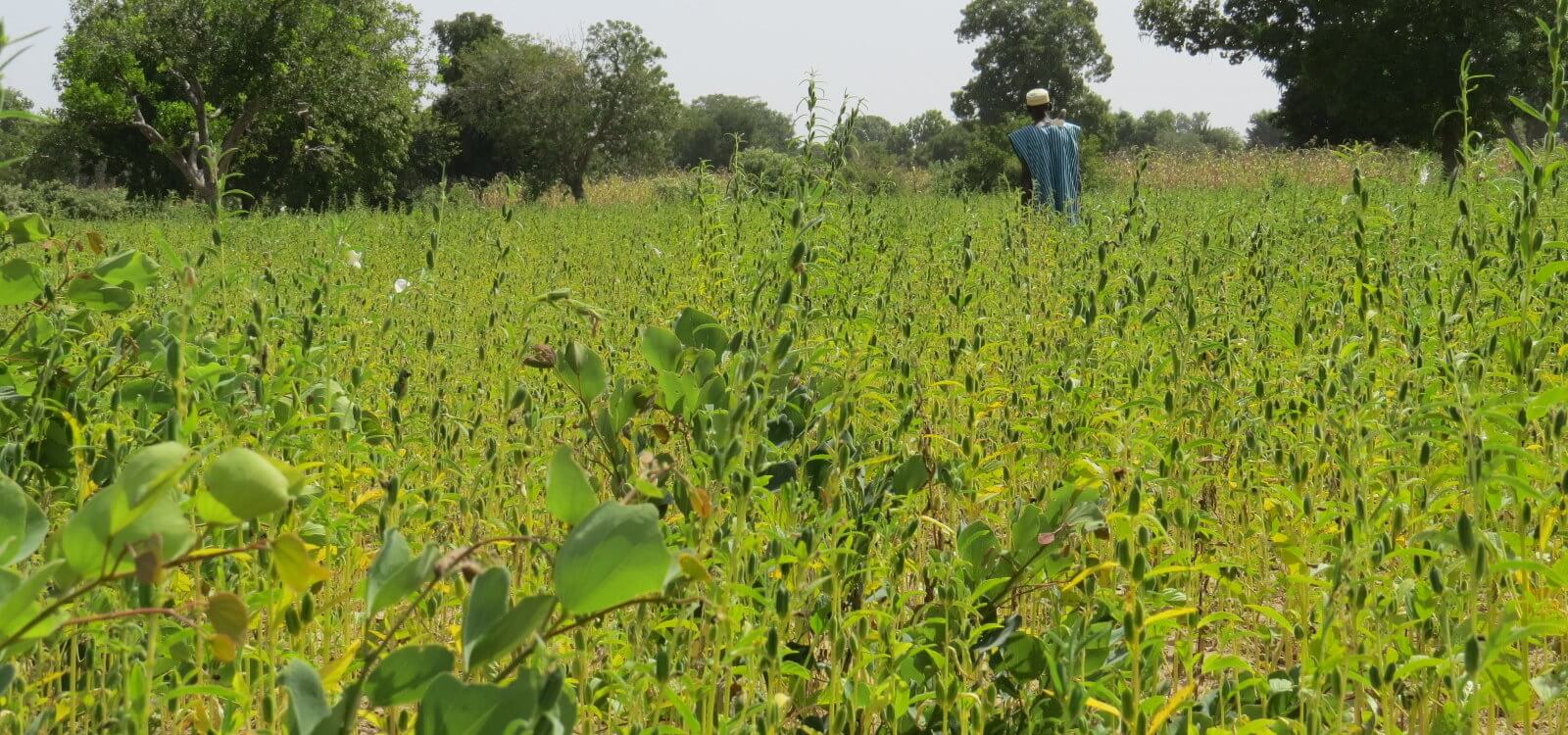Projects / P5
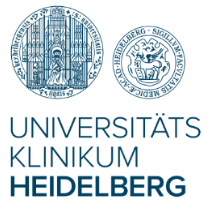

Industry Partners




The effects of cool roofs on labour productivity
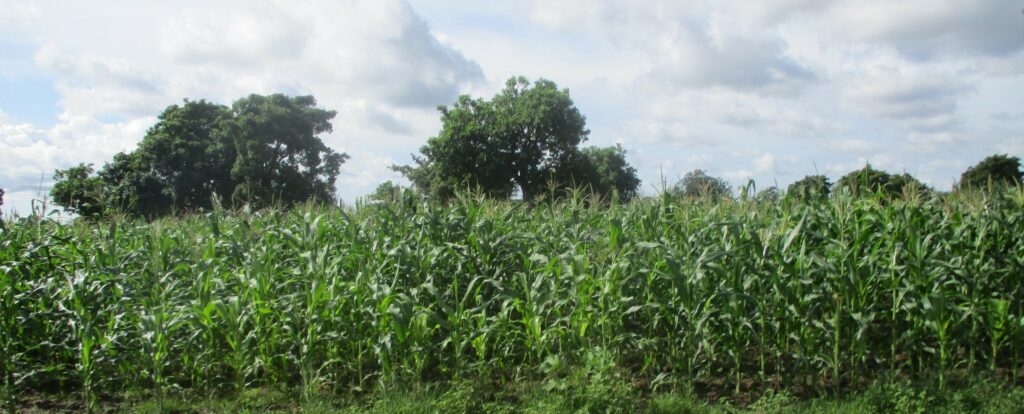
Background:
- Cool roofs are an inexpensive way to partially mitigate adverse effects of excessive ambient temperatures and have the potential to economically empower poor and vulnerable populations.
- From the recent literature on ambient temperature, labor and production in developing countries we have identified three channels, which give rise to the following three hypotheses:
- farmers passing relatively cool nights (intervention arm) work longer and walk longer distances compared to those sleeping under uncoated roofs, an increase in labor supply;
- conditional on work time and distances, farmers with a cool roof are more productive when they perform work, an increase in labor productivity;
- farmers with a cooler home take better managerial decisions in farming, specifically regarding their timing of actions and the application of other inputs, an improvement in cognitive and managerial ability.
Research objectives:
- Disentangle farmers’ income gains by first modelling agricultural production and the shadow wage of agricultural labor through structural econometric methods.
- Exploit the systematic variation in agricultural activities generated by the cool roof cRCT to identify the effects of excessive indoor temperature on labor supply, labor productivity and farm management skills.
Methods:
- Hypothesis 1: model predictors of work time and distances traveled, where our primary interest is in the effect of temperature in the farmer’s home.
- Hypotheses 2 and 3: model plot-level output as a function of inputs, seeds, fertilizers and several indicators of labor. We will control for changes in labor supply due to the intervention and quantify increases in labor productivity as the difference between the marginal products of labor among households with and without a cool roof. Finally we will elicit the effects of indoor temperature on the quality of farm management by comparing differences in output treated and control family farms after controlling for differences in inputs and labor productivity.
Contributing Scientists (in alphabetical order):
Prof. Dr. Dr. Till Bärnighausen (Heidelberg Institute of Global Health, Heidelberg University)
Dr. Aditi Bunker (Heidelberg Institute of Global Health, Heidelberg University)
Prof. Dr. Stefan Klonner (South-Asia Institute, Heidelberg University)
Prof. Dr. Rainer Sauerborn (Heidelberg Institute of Global Health, Heidelberg University)
Dr. Ali Sie (Director, Centre de Recherche en santé de Nouna)

